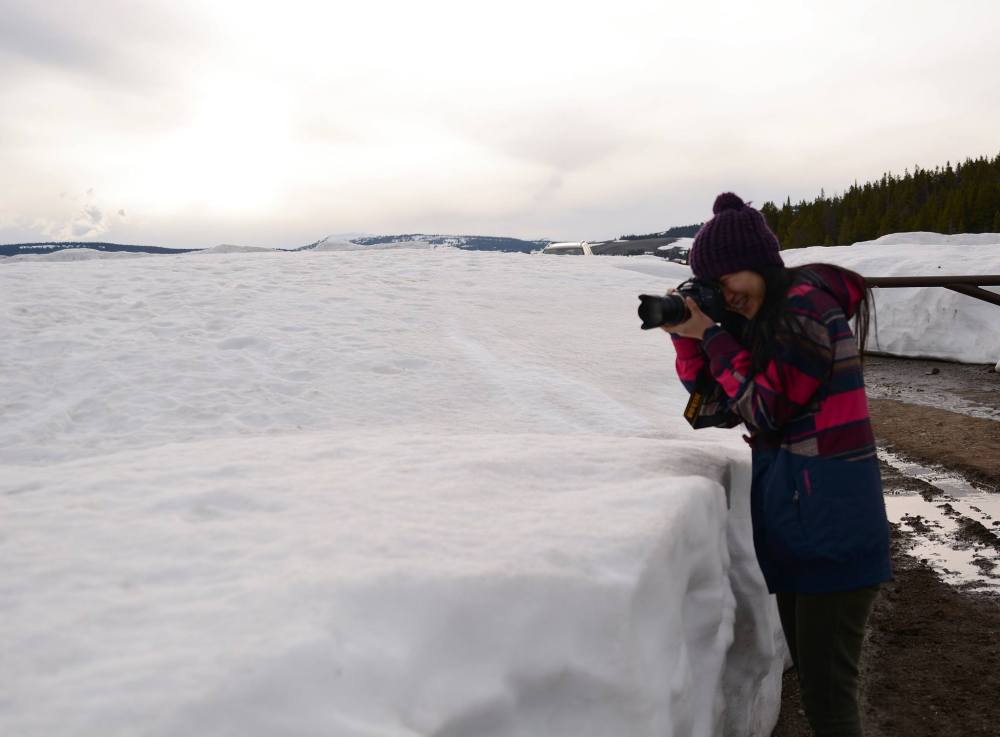How Virtual Reality is Affecting Film Today
Cannes 2018 is holding it’s annual event in less than a month in Cannes, France, marking a year since one of the most prominent film festivals in the world chose to include a virtual reality project in its selection (Zeitchik). It is no secret that VR has come to the table as a major player in technology since 2012, with the invention of lightweight headgear made by companies including Oculus, Vive, and even Google. We are ushering in an era of virtual reality, and the possibilities for the medium are endless, especially in the world of cinema. The current talk in the industry, regarding VR, is that it will not replace or diminish film but rather add a new dimension the field overall (Watercutter).
Virtual reality’s presence is most evident in film festivals, such as Cannes and Sundance, as the medium is a bit too new and obscure for mainstream Hollywood (George). However VR has made some exponential advances and many pieces have made quite a statement at some of these festivals. At this past Sundance festival, 18 different VR films were featured and one in particular, “Spheres”, was purchased by a buyer for 1.5 million dollars. The writer and director of “Spheres”, Eliza McNitt, created this scientific film with the intent of allowing viewers to immerse themselves in space. She argues that virtual reality lets her audience experience her movie and the cosmic space in a way that traditional cinema simply can’t (George). Another virtual reality film featured at Sundance, “Notes on Blindness: Into the Darkness”, puts viewers in the perspective of blind British author, John Hull, by depicting a dark world highlighted with silhouettes and sounds (Burr). It goes without saying that a movie like this can’t be experienced on a simple screen or TV; the film’s effectiveness is dependent on the immersive features of virtual reality. A variety of other mind-boggling VR works were featured at Sundance and other festivals over the past couple years, leaving critics confident that virtual reality will create a unique and provoking place for itself in the film industry.
Additionally, VR has had an interesting role as a subject matter in entertainment. Steven Spielberg’s most recent movie, “Ready Player One”, portrays a prediction of the world in 2045, where the Earth has collapsed and people have to resort to a virtual space to find education, work, and true human connection (Krupa). In a similar fashion, the conventionally dark TV series, “Black Mirror”, ironically has a hopeful perspective for VR as shown in the episode San Junipero. The episode’s storyline consists of a dying couple who goes to the happy town of San Junipero, by means of VR, and decides to stay in simulation mode around loved ones well into their afterlife (Krupa). “Ready Player One” and “Black Mirror” have optimistic takes on the future of virtual reality. Unlike older films, such as “The Matrix”, where virtual reality is depicted as a nightmarish, isolated technology, recent films and shows are emphasizing just how much VR can heighten human interaction and meaningful social connection (Krupa). Virtual reality is experiencing rapid growth as both a medium and topic for movies and TV, and it’s quite challenging to predict what new elements VR will integrate into the field. We can hopefully look towards this year’s Cannes for a peek into our virtual reality-filled cinematic future.






